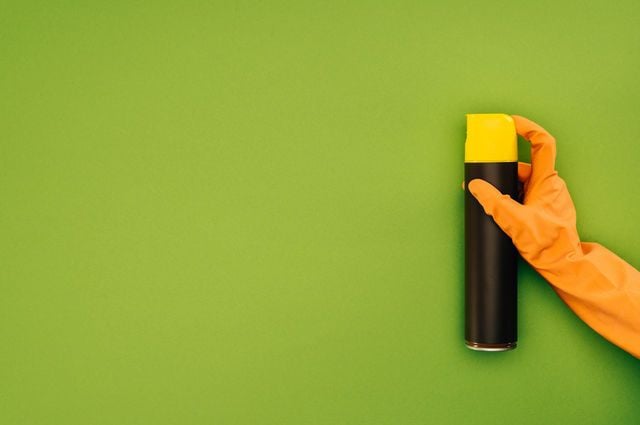Hygiene and Sustainability: How to make both work?
17 experts shared their view
Just when it seemed as if single-use plastics were slowly becoming a thing of the past, COVID-19 hit the industry. The second half of 2019 had seen more and more industry leaders making public pledges to abandon a product group that had become the infamous representative of an old and immoral, linear economy.
A few months later, the former sustainability arch-enemy is experiencing a massive comeback as a hygiene hero. COVID-19 and the fear of future pandemics are radically challenging recent approaches to product circularity/re-use by imposing enhanced hygienic standards. Keeping a strong position against single-use items might impose dramatic acquisition costs and operational distress on businesses slowly recovering from their liquidity breakdown.
Whilst pondering the reputational risk of violating hygiene law on the one side and diminished sustainability efforts on the other, the former is likely to turn up trumps.
The battle for sterility might be won by detergents containing ingredients unlikely to biodegrade in wastewater. Laundry services might cause more emissions due to an average increase of the washing temperature.
Where lies the sweet spot between hygiene rule compliance and sustainability? Must there be a trade-off? Are there Best Practices to share?
I believe our industry over-uses the terms: hospitality and hygiene without focusing on the proper expertise and knowledge and by trying to answer the question of how they work in sync, I want to start by introducing their common meanings:
Noun: hygiene is conditions or practices conducive to maintaining health and preventing disease, especially through cleanliness.
and
Sustainability is the ability to exist constantly. According to one particular definition, “sustainable development is defined as development that meets the needs of the present without compromising the ability of future generations to meet their own needs.”
These definitions got me thinking: how do we actually define hygiene in our industry? During and post-COVID, the big brands and hospitality associations raced to announce Hotel Cleaning Standards focused on enhanced hotel cleaning practices, social interactions, and workplace protocols that are prone to meet the new health and safety challenges and are expecting norms, behaviors, and standards to change.
When we talk about Sustainability in our industry, we talk about plastic, plastic straws, amenities, and giving away leftover food. However, in today's world, we are starting to see that sustainability goes beyond any definition. What about the reduction of carbon footprint when the world is forced to work from home? What about the increased level of social and local interaction, because we have less time to waste by the coffee machine? What about families who are now able to spend more time with their children while keeping their jobs? And what about the local sourcing of materials?
Hygiene and cleaning standards have not just become the highest priority for all. It's the psychological part that plays a greater role in this global scenario: seeing and believing that something is being cleaned. Auspicious designs, additional oxygen push into working spaces, replacing chemicals with natural equivalent are all topics we have been listening to for a while but heard only today as we entered this period when we have been forced to realize and act.
I absolutely believe that hygiene and sustainability can co-exist. To pack the entire world into plastic, was really a questionable move, but in panic, people just grab and pack what they know best within their comfort zones. The only way to move ahead would be to learn from the New Now and the new alternatives as well as from our mistakes all the while making a solid change for the future, forced to do. Then, we are left to hope that people start to understand the real meaning of the word sustainability, and stretch it further than "just" or "only" the environment.


